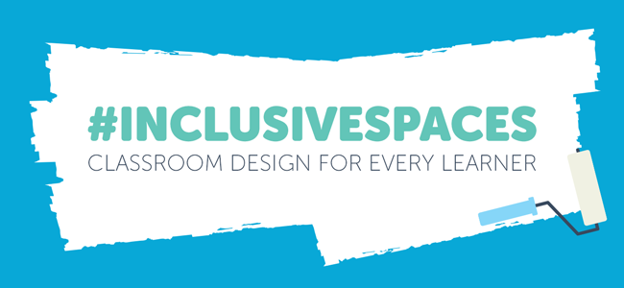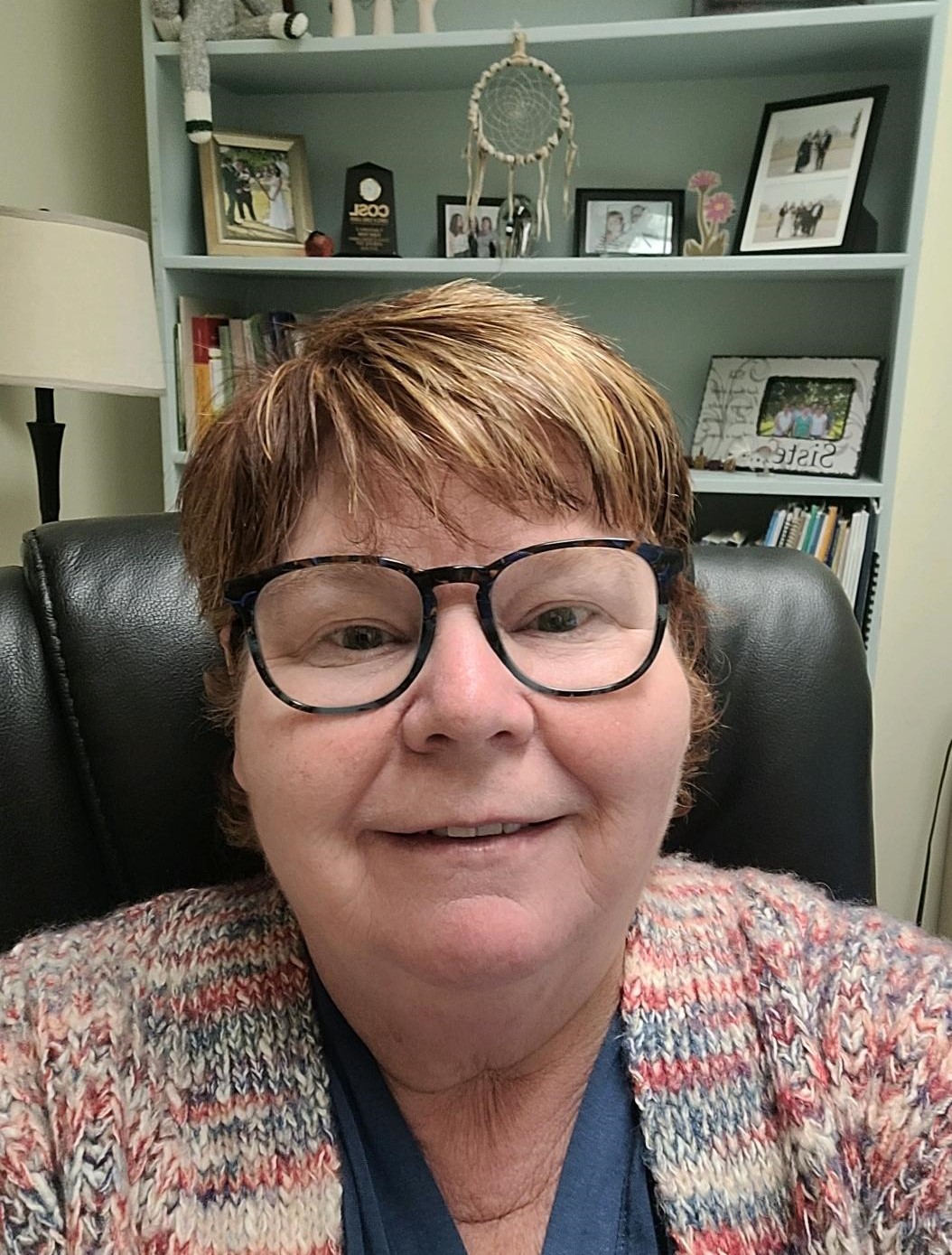
By
Angela Voutier
January 2025
Print Version
What you need to know
The implementation of inclusive school practices in the public school system is a priority of educators across Manitoba, Canada, and many parts of the world. It is also true, however, that traditional educational systems and structures often perpetuate privilege for some students and oppression of other marginalized groups in schools and communities. School leaders often work in isolation and often experience ethical dilemmas and systemic barriers when attempting to realize their goal of the inclusion of all students.
Why this research is important
This research is important because of its generativity in building on the research on inclusive education in Canada. Providing a Manitoba context for inclusion from the perspective of school leaders across the province, this study also provided the school leader participants a much-needed and appreciated learning opportunity to recognize and act on critical areas of their individual school contexts to make them more inclusive. Although much has been researched and written about inclusion, there has been less attention paid to the experiences of principals and vice-principals in creating inclusive schools, especially using a think tank methodology.
How this research was conducted
Using a critical theory lens, this qualitative research study explored the experiences of school leaders as they pertain to the implementation of inclusive school policies and practices. Participants engaged in a collaborative, self-reflective process involving recursive cycles of individual reflection activities and collaborative think tank sessions to examine and share their personal stories about inclusion. They then had the opportunity to reflect on the skills, knowledge and dispositions needed for inclusive leadership, collaborate to identify effective approaches to school development that build teacher efficacy for inclusion, and discuss possible solutions to facilitate ongoing change for building and maintaining inclusive school communities.
What the researcher found
School leaders in this study voiced concern about the number of barriers that continue to keep them from exploring and developing more inclusive programs and supports for students with diverse needs. They expressed frustration about the lack of communication between different levels of the system and described feeling alone in making decisions about how to address the barriers and how to advocate for students and families.
One of the biggest barriers to inclusion was identified as a lack of training in inclusive philosophy and practices at all levels, including pre-service teachers and those currently in the field. Personal backgrounds and experiences in diversity were seen as supports for school leaders to approach students and their families with empathy and to build strong relationships with all members of their school community. Addressing gaps in these background experiences with ongoing professional learning for school leaders was identified as a need.
To address the barriers to inclusion, participants in this study recommended regular, recurrent professional development and training in inclusion for all staff and teachers at all career levels, and they also stressed the importance of collaboration and identified it as one of the most effective practices to overcoming barriers to inclusion. Participants in this study spoke at length about the importance of having difficult conversations with staff and other members of the school community around inclusion. The ability to be an effective communicator who listens with empathy but is clear and consistent about their goal of building an inclusive school culture was highlighted as a crucial skill for inclusive school leaders. Principals need to find creative ways to implement policies so that they work for their school community.
How this research can be used
This research can be used by universities, school divisions, and policy makers at the governmental level to guide their work in supporting the implementation of inclusive practices in schools in Manitoba. Principals and vice-principals have articulated that they need support and ongoing professional learning opportunities as well as a desire to work with other systemic partners to improve inclusion of all students in meaningful educational experiences.
Acknowledgements
I would like to acknowledge my doctoral advisor, Dr. Rick Freeze, for his support of this research and the 14 school leaders who engaged in this important work with me.
About the Researcher
Keywords
- advocacy
- collaboration learning
- definition of exclusion
- diversity training and experience
- inclusive school leadership
Publications Based on the Research
Voutier, A. (2023). Leading inclusive schools. In R. Freeze (Ed.), Transformative inclusive education (pp. 199–209). Canadian Scholars.
Voutier, A. (2024, May 1–4). School leaders’ perspectives on inclusive education: Policies to practice [Conference session]. University of Manitoba 2024 Education Graduate Students’ Conference, Winnipeg, Manitoba, Canada.
Voutier, A. (2024, April 23–26). Developing inclusive schools: A school leader’s action plan [Conference session]. Canadian Association of Principals Conference, Toronto, Ontario, Canada.
Editor: Christiane Ramsey
Read more BU Research
Research at Brandon University follows comprehensive policies designed to safeguard ethics, to ensure academic integrity, to protect human and animal welfare and to prevent conflicts of interest.

